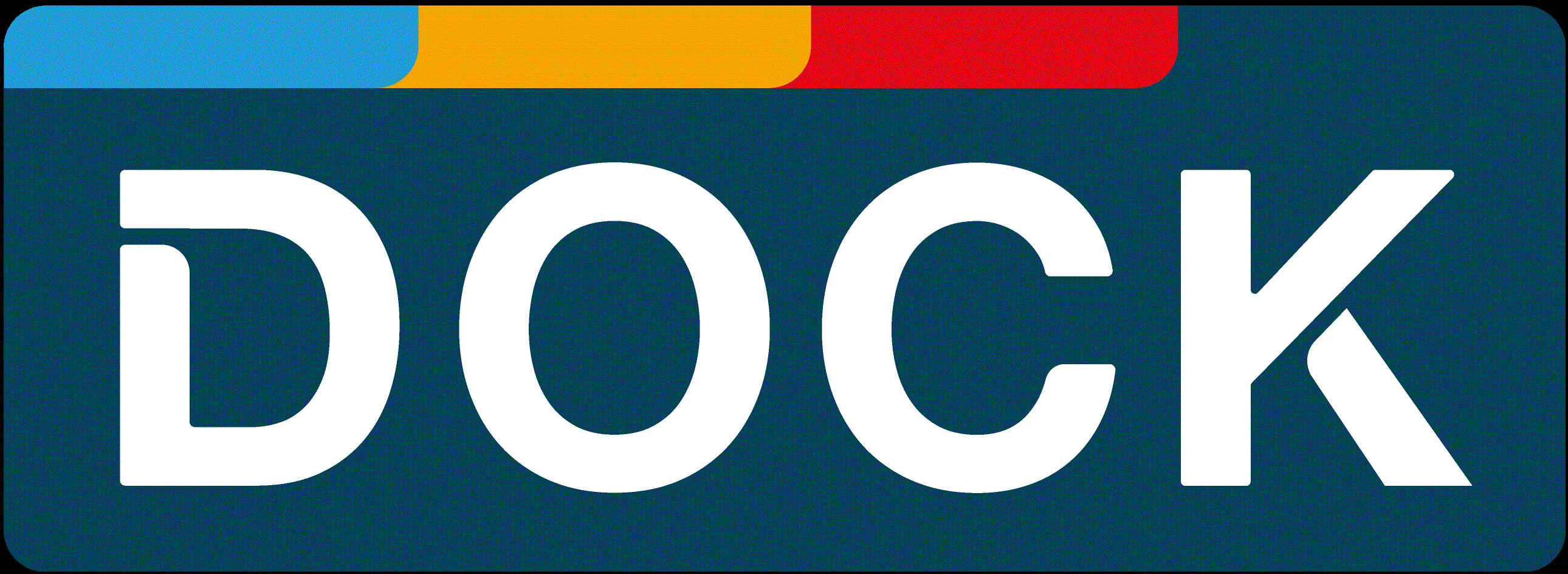

Solar Panel Installation
Nowadays Solar Panels are of great importance especially after the Netherlands, amongst other 195 countries in the World, signed off the Paris Agreement Treaty. With the mobility towards Solar Panels, it has been envisioned that by 2030 the total amount of carbon emission have to be reduced by 49% in the country. This is the reason as to why Rotterdam has taken the initiative to make this happen by supporting the country. Therefore, to make this city become sustainable, beautiful, safe and smart, Rotterdam decided to educate and make the Rotterdammers to install renewable energies as Solar Panel through the help of Non-Organisation like DOCK to increase the mobility. We at DOCK are here to make the lives of the people and ours be better as stated in our mission.
What are Solar Panels?
According to The Economic Times and National Geography, a solar panel is defined as panels that absorb the sun rays and convert them into electricity or heat. It is usually a collection of solar (photovoltaic) cells that can be used to generate electricity through the photovoltaic(PV) effect.These cells are arranged in a grid-like pattern on the surface of the solar panels. A PV module is thus a packaged and connected assembly of 6x10 solar cells.
Solar panels usually wear out extremely slow and in a time of a year, their effectiveness reduces only about 1-2% or even lesser. This is mostly because they are made up of crystalline silicon solar cells. Installing solar panels on all the roofs of houses would supply nearly 80 petajoule of energy, which equals 98 percent of total Dutch household electricity demand.


How does it work?
Solar panels collect clean renewable energy in the form of sunlight and convert that light into electricity that can be used to provide power for electricity loads. A solar panel comprises of several individual solar cells that is composed of layers of silico, phosphorous (provides the negative charge) and boron (the positive charge). A PV module is thus a packaged and connected assembly of 6x10 solar cells.
The solar panels thus absorb the photons that gradually initiate the electric current that results into the energy generated to go on the surface of the solar panel allowing for electrons to be knocked out of their atomic orbits and released into the electric field generated by solar cells that pull these free electrons into directional current. This entire process is known as the Phototvoltaic Effect.
Usually an average home has enough roof space to adjust for a number of necessary solar panels to produce enough solar electricity to supply to all its power needs excess electricity generated into the main power grid, paying off in the electricity use at night.
Therefore, during the day, the solar array generates power that will be used in the home at night.


Benefits of Solar Panels

Reduce Global Warming Effect
Installing solar panels in houses helps to combat the harmful effect of greenhouse gases emissions and thus helps to reduce global warming effect. They as such don’t lead to pollution and are clean as well as decreases the reliance on fossil fuels along with the traditional power sources
Half Dutch Population With Electricity
Solar panels are beneficial as by installing these panels, they could provide half of the Dutch with electricity. Although it is oftenly rainy, the solar power has great potential. Therefore if the solar panels are to be installed on every suitable roof surface in the country, these would provide half of the current Dutch electricity demand according to Deloitte’s State of State Program.


The Quality of the System
The benefits of solar panels and solar power is that, once a system has paid for its initial installation costs, the electricity it produces for the remainder of the system's lifespan, which could be as much as 15-20 years depending on the quality of the system, is absolutely free. For grid-tie solar power system owners, the benefits begin from the moment the system comes online, potentially eliminating monthly electric bills or actually earning the system's owner additional income from the electric company. Therefore If less power is used than the inhabitant solar electric system produces, that excess power can be sold, sometimes at a premium, to the electric utility company.

Off-Grid Living
Using solar panels is a very practical way to produce electricity for many applications. The obvious would have to be off-grid living. Living off-grid means living in a location that is not serviced by the main electric utility grid. Remote homes and cabins benefit nicely from solar power systems. No longer is it necessary to pay huge fees for the installation of electric utility poles and cabling from the nearest main grid access point. A solar electric system is potentially less expensive and can provide power for upwards of three decades if properly maintained.

Clean & Renewable Energy
Besides the fact that solar panels make it possible to live off-grid, the greatest benefit from using solar power is that it is both a clean and a renewable source of energy. With the advent of global climate change, it has become more important to do whatever is possible to reduce the pressure in the atmosphere from the emission of greenhouse gases. Solar panels have no moving parts and require little maintenance. They are ruggedly built and last for decades when properly maintained.




